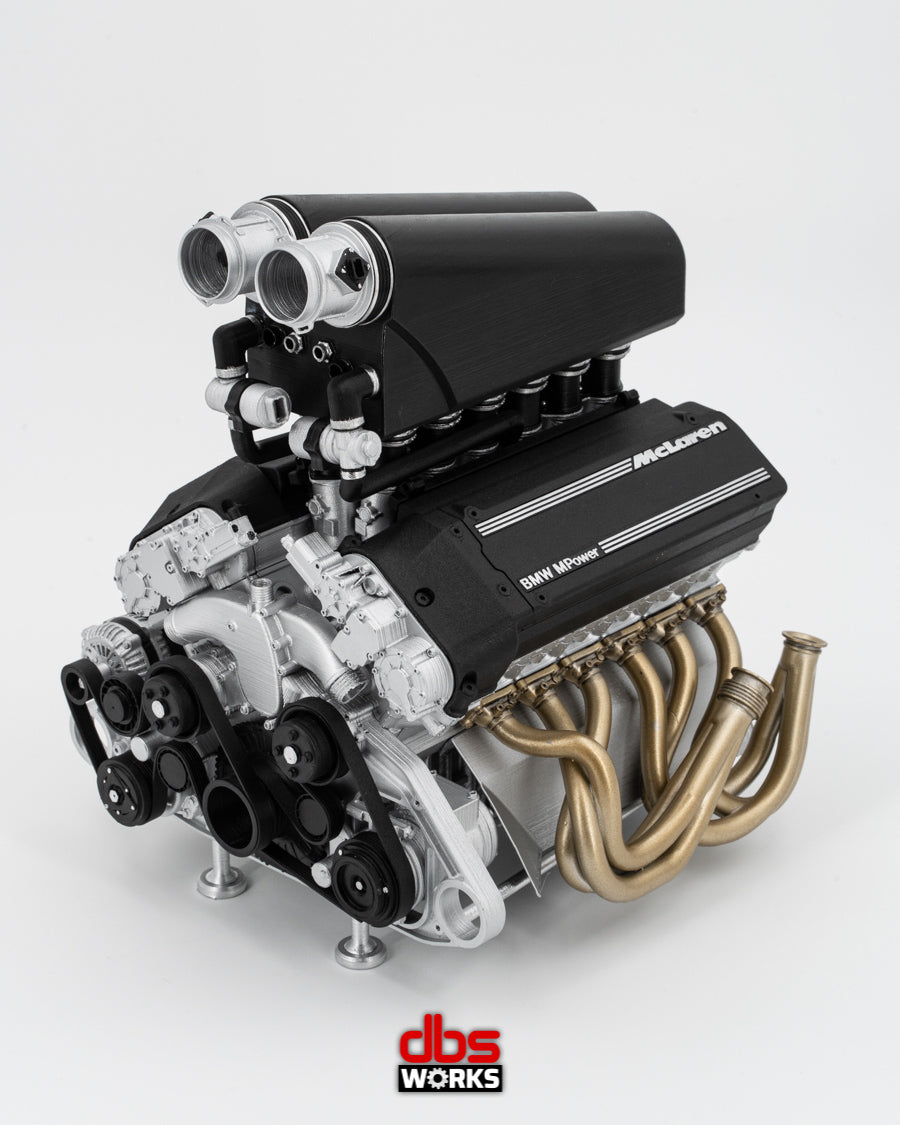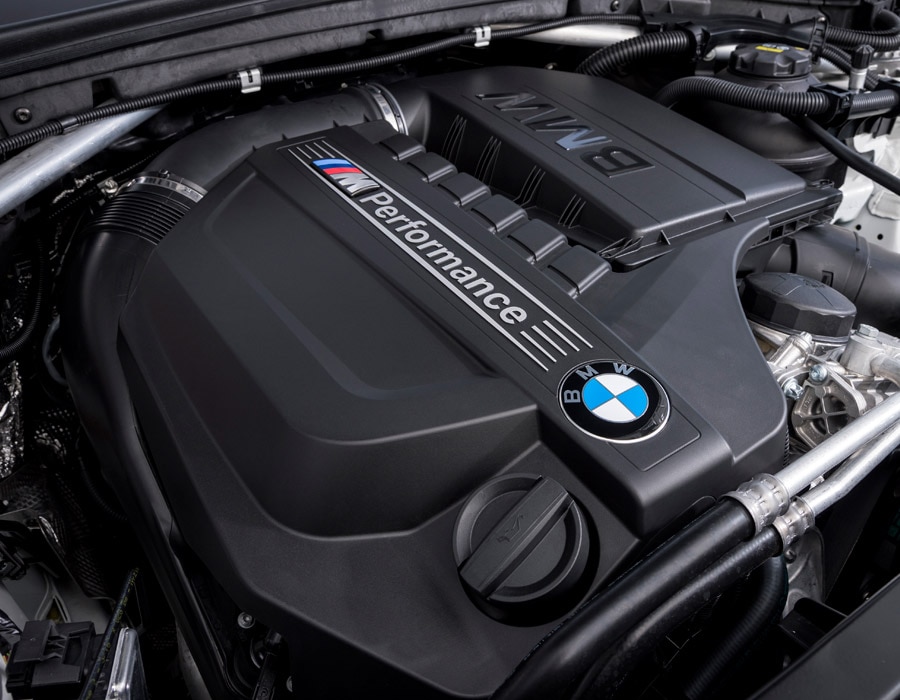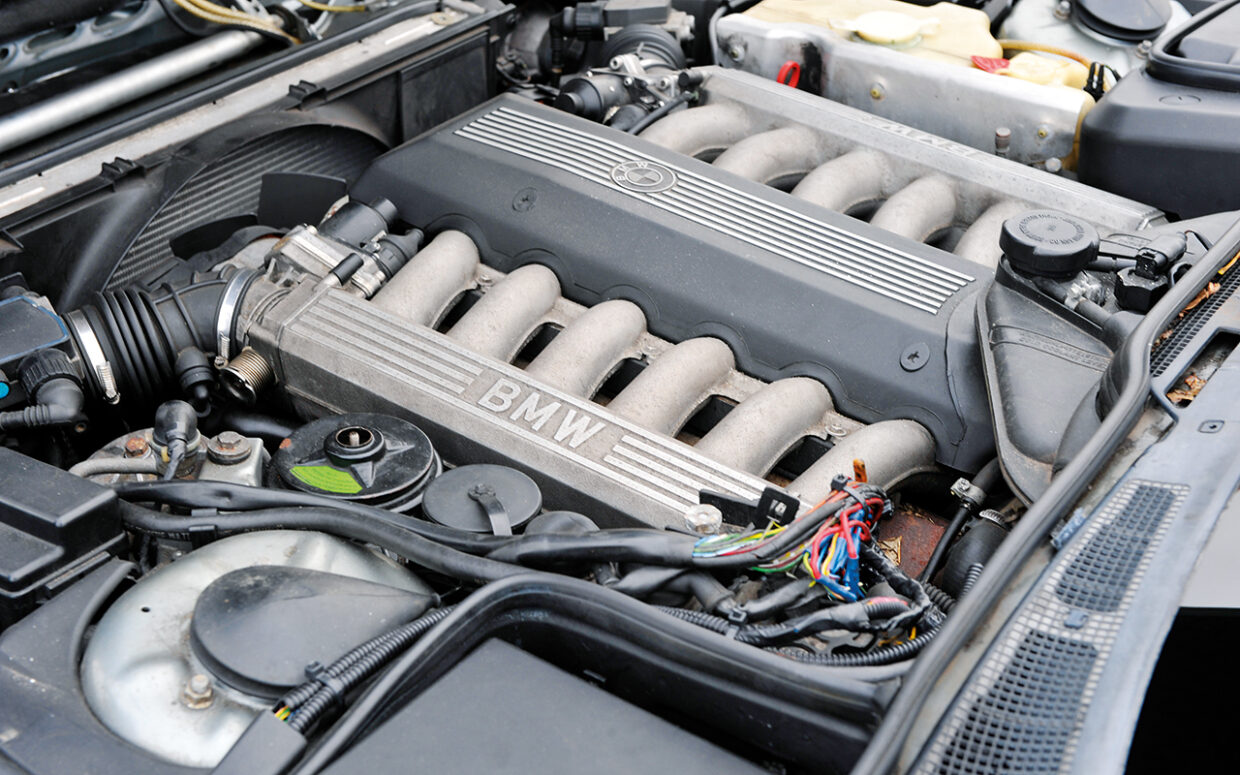Unveiling the Intricacies of Next-Generation Power Units: a Deep Dive Into Advanced Engine Styles and Advancements
As we stand on the precipice of a brand-new era in transport, the complexities of next-generation engine layouts beckon us to check out the advanced modern technologies and developments that assure to redefine the driving experience. Delving much deeper into the realms of exhaust control, intelligent engine management systems, and the horizon of power device development, we locate ourselves on the cusp of a transformation that guarantees to improve the landscape of wheelchair as we know it.
Development of Engine Materials

The change towards advanced engine products has actually additionally enabled engineers to develop engines with greater power results while keeping gas efficiency standards. The use of lightweight materials reduces the overall weight of the engine, leading to improved fuel economy and lower emissions. Additionally, developments in materials innovation have actually enabled for much better thermal administration within engines, leading to boosted integrity and longevity.
Turbocharging and Supercharging Technologies
Just How do Turbocharging and Supercharging Technologies change engine efficiency and effectiveness in modern-day automobiles? Turbo charging and turbocharging are innovations that substantially boost engine efficiency by enhancing the amount of air intake right into the burning chamber. Turbocharging attains this by making use of a turbine driven by exhaust gases to pressurize the consumption air, while turbo charging uses a belt- or chain-driven compressor to achieve the very same effect.
These modern technologies enable smaller sized, a lot more fuel-efficient engines to create power equivalent to bigger ones, called downsizing. Forcibly more air right into the cyndrical tubes, turbocharging and supercharging boost burning effectiveness, resulting in enhanced horsepower and torque outcome without a considerable boost in engine size. This brings about much better velocity, lugging capability, and overall driving efficiency.
Moreover, turbocharging and turbo charging contribute to enhanced fuel performance by allowing the usage of smaller engines that take in much less gas under normal driving conditions - bmw engine. This mix of boosted performance and performance has actually made turbocharging and turbo charging indispensable parts of numerous contemporary engine layouts
Discharge Control and Environmental Influence
With increasing worldwide concerns pertaining to air top quality and environmental sustainability, the application of discharge control modern technologies in cars plays an important duty in decreasing damaging toxins launched right into the atmosphere. Modern automobiles are outfitted with sophisticated emission control systems that aid minimize the ecological impact of automotive operations. Catalytic converters, for example, are developed to convert hazardous gases such as carbon monoxide, nitrogen oxides, and hydrocarbons right into much less unsafe compounds like carbon dioxide and water vapor.
In addition, improvements in engine technology, such as the combination of exhaust gas recirculation systems and careful catalytic reduction, have actually substantially added to reducing discharges. These innovations function in tandem to enhance burning performance and decrease the launch of dangerous toxins into the air. Furthermore, the advancement of hybrid and electrical lorries stands for a vital step towards reducing the total environmental footprint of the transport market.
Intelligent Engine Administration Systems

In addition, these systems allow vehicles to satisfy strict emissions criteria without jeopardizing efficiency, supplying a more eco-friendly driving experience. The assimilation of man-made knowledge and device understanding abilities in engine monitoring systems continues to press the boundaries of what is feasible, causing additional enhancements in performance, dependability, and overall automobile performance. bmw engine. As automotive modern technology advancements, smart engine monitoring systems will play an important role in shaping the future of transport towards an extra effective and lasting instructions
Future Trends in Power Unit Advancement
As smart engine monitoring systems lead the way for improved control and optimization in modern-day vehicles, future trends in power system advancement are positioned to redefine the landscape of auto browse around these guys propulsion technologies. One of the essential patterns driving development in power device development is the Learn More Here shift towards electrification. With a boosting concentrate on sustainability and reducing carbon emissions, hybrid and electric powertrains are ending up being extra common in the automobile sector. These alternate source of power supply boosted efficiency and efficiency while aligning with rigid environmental policies.
Another significant trend is the integration of sophisticated materials and producing methods. Light-weight materials such as carbon fiber and aluminum are being used to minimize overall automobile weight, boosting gas effectiveness and performance. Additionally, developments in 3D printing and additive manufacturing are allowing the production of complex engine components with higher accuracy and longevity.
In addition, expert system and device understanding are playing a vital duty in maximizing power device efficiency. These innovations enable for real-time monitoring and adaptive control, resulting in more trustworthy and effective power distribution. In general, future patterns in power system advancement are tailored towards sustainability, efficiency, and effectiveness, driving the automobile industry towards a new age of propulsion modern technologies.

Conclusion
In verdict, the improvements in engine products, turbocharging, discharge control, and intelligent management systems have led the way for next-generation power systems. These developments have not only improved efficiency and effectiveness however additionally minimized ecological effect. As technology continues to advance, future trends in power system growth are likely to concentrate on more enhancing sustainability and enhancing power result. The elaborate styles and technologies in modern engines showcase the continuous advancement of automotive innovation.
Discovering the dynamic advancements in engine materials has been critical in improving the efficiency and effectiveness of modern-day engines. Over the years, the evolution of engine materials has played a vital duty in pressing the limits of what engines can accomplish.The change in the direction of progressed engine products has likewise allowed engineers to develop engines with higher power outputs while maintaining gas performance criteria.The execution of smart engine monitoring systems in modern-day automobiles has actually transformed the way engines are controlled and optimized for efficiency and effectiveness. By gathering try this site data in real-time and analyzing it with sophisticated formulas, smart engine administration systems can adapt to driving designs, ecological aspects, and engine health and wellness to maximize power result while lessening fuel consumption and exhausts.